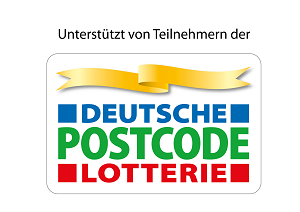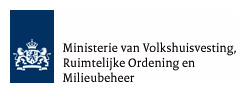Gender Equality and Environmental Rights for All
WECF Publication: Gender as cross-cutting issue within WECF’s work
10.02.2012

Download "Gender as cross-cutting issue within WECF's work"
Women’s concerns and priorities on the issues of poverty elimination, a healthy environment and sustainable development set the agenda. Therefore, WECF works on following priorities of local women organisations in countries in transition and developing countries: a sustainable economy and women’s equal access to resources and finances, the challenge of climate change and sustainable mitigation solutions, especially access for women to safe and sustainable energy issues, the impacts of climate change on women and men and adaptation solutions, the gender issues related to the right of water and
sanitation and also protecting women’s health from hazardous chemicals in daily products, waste, fuel and pesticides.
Women’s empowerment, – both their economic and political empowerment, – are needed to achieve the aim of gender equality. Through its work on women’s empowerment, WECF contributes to the Millennium Development Goal 3 (“Gender Equality”) as well as MDGs 1, 4, 5 and 7. Gender equality means that women and men enjoy the same rights, resources and opportunities. On the basis of the human rights framework there are two main mechanisms to promote and implement gender equality. Activities targeting women and girls to compensate for past discrimination are called “affirmative action”. “Gender mainstreaming” is a concept that promotes integrating gender issues into mainstream policies, programmes and projects, institutional structures and procedures in order to ensure gender equality. WECF follows both approaches in its work to tackle gender inequalities.


































